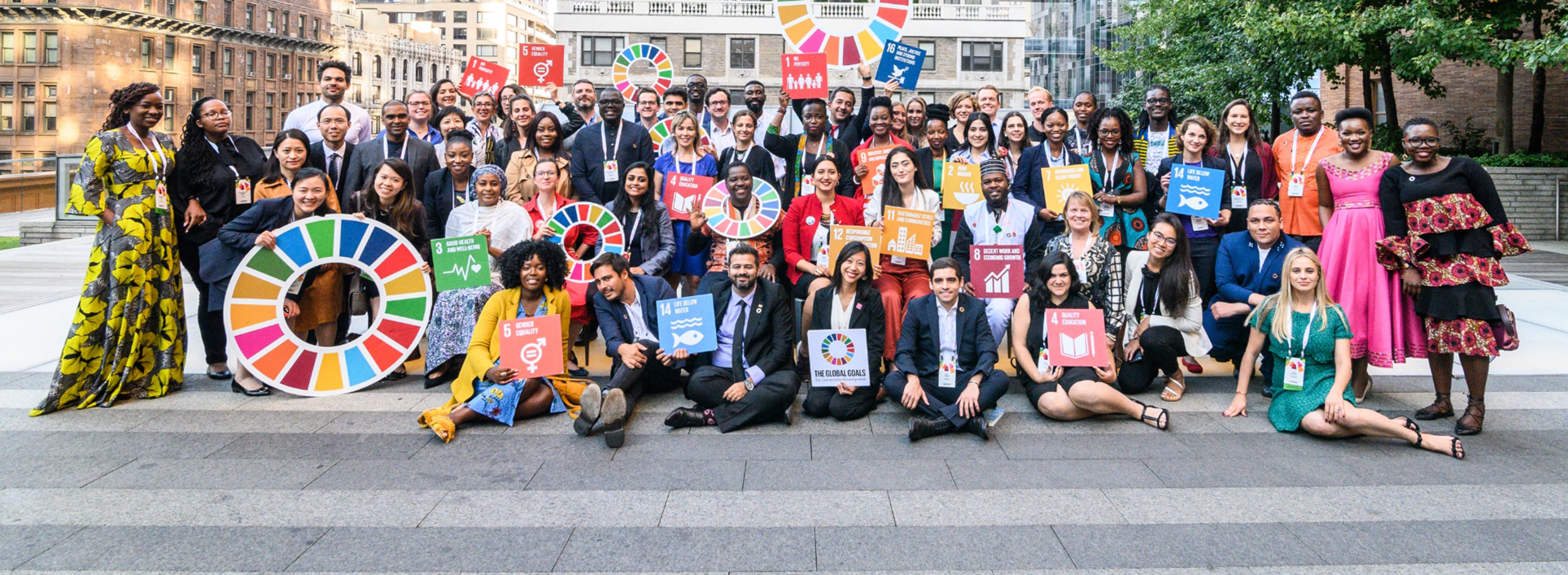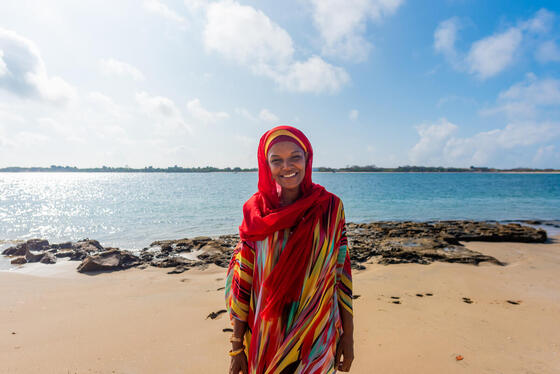
Shameran Abed Goalkeeper

Shameran Abed: Changemaker, Optimist, Resilient
Executive Director, BRAC International
Bangladesh
Goal 1: No Poverty
Poverty doesn’t happen overnight. One day you lose your job, and then a few months later you lose your home. With no income in sight, your ability to provide food and health care for your family vanishes over time. For years, Goalkeeper Shameran Abed has worked to end poverty, knowing that this is the reality for millions of people.
Continuing a legacy
Like many of us, Shameran made the best of the worst in the last year. With traveling on hold, he spent more time with family, dabbled in online chess, and adopted better habits. Outside of his home life, he is a humble advocate who carries on his father’s legacy every day. In 1972, his late father, Sir Fazle Hasan Abed, founded BRAC, then known as the Bangladesh Rural Advancement Committee. The organization was created to help refugees get their lives back on track after Bangladesh’s War of Independence. In 2007, it was renamed Building Resources Across Communities (BRAC) to reflect its expanded reach, from Bangladesh to neighboring countries and continents. Shameran carries out his father’s vision as senior director of BRAC’s Microfinance and Ultra-Poor Graduation programs.
Although BRAC is now global, Shameran hasn’t forgotten its community-based roots. “We built programs based on what we saw as challenges faced by the communities where people in poverty live,” he says. But following a community-based model doesn’t mean that BRAC thinks small. Its approach is quite the opposite. Today, BRAC is best known for its Ultra-Poor Graduation Program—a time-bound program that moves people out of extreme poverty. That same approach is now part of an ambitious global plan to move 21 million people out of extreme poverty. It’s aptly named The Audacious Project.
Progress on Global Goal 1 requires creativity. BRAC uses a multifaceted approach to help people get out of poverty—from providing health services and education to promoting gender equality and agricultural development. It also collaborates closely with a diverse set of partners, including governments and nonprofits, to help create better livelihoods in communities.
Centering women and girls
For decades, BRAC has committed to a simple and scalable approach. “Instead of going wide, we try to go deep,” says Shameran. Going deep means seeing extreme poverty as a denial of basic freedoms and human dignity, and in turn centering the people who invest in and build their communities—particularly women and girls. Shameran and his father saw firsthand—whether in Bangladesh, Uganda, or Liberia—how women save money and make sure their families can get by. Shameran continues BRAC’s tradition of approaching poverty through an intersectional lens, with a deep understanding of gender equality, economic empowerment, and quality education. Under Shameran’s leadership, the conversation around poverty focuses on long-term solutions and is committed to capacity building and generational wealth.
Relationship building
Another nuance to Shameran’s vision is that technology should not replace relationship building. Striking a balance between “tech and touch” is at the heart of BRAC’s human-centered approach. Shameran warns that having a phone and an account doesn’t make someone feel financially included. He says,
“If we don’t meet them regularly, if we don’t talk to them and know what’s going on in their lives, how can we develop and design products for them?”
The way he sees it, technological advancements should always be in service to the customer.
Shameran doesn’t shy away from conversations about how the COVID-19 pandemic has affected BRAC’s work. He is using this moment to create more urgency around BRAC’s mission. The organization is working every day to meet the challenges brought on by the pandemic and serve new populations of people who are dipping back into poverty or entering poverty for the first time. And behind the scenes, Shameran’s flexibility, empathy, and leadership are helping all of us imagine a future with no poverty.
June 2021
